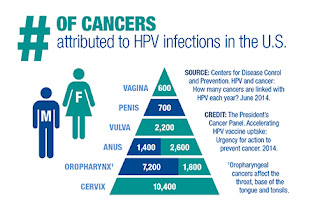Eating Disorders and College Students
Eating disorders are an
issue many people face, they affect all people regardless of race, gender, or
sexuality and can lead to life threatening medical issues and in some cases
suicide.
Types
of Eating Disorders
According to the National
Institute of Mental Health (NIMH) there are three common eating disorders, anorexia
nervosa, bulimia nervosa, and binge eating disorder. Anorexia is where a person
will barely eat while bulimia is binge eating or over-eating and then throwing
up, taking laxatives, or excessive exercising. Lastly, binge eating disorder is
where a person isn’t able to stop themselves from over-eating.
Symptoms:
According to the NIMH the
symptoms of anorexia nervosa are barely eating, being very thin, and having a
fear of gaining weight. Over time anorexia can lead to Osteoporosis, organ
failure, constipation, dry skin, damage to the heart, brain damage, hair
breakage, brittle nails, anemia, and more. Symptoms of bulimia include tooth
decay, chronic sore throat, and dehydration. Bulimia can lead to stomach
issues, acid reflux, and electrolyte imbalance, which can cause serious damage
to organs. The symptoms of binge eating disorder are eating past the point of
being full, which can cause a variety of stomach and other health problems.
Warning
Signs
Some things to look for
if you think someone you know may have anorexia is if they talk about
themselves being overweight even if they are very thin, if they are constantly
weighing their selves, if they don’t eat, or eat very little during the day.
Warning signs of bulimia are eating large quantities of food in one sitting,
then working out more than usual, using laxatives more than usual, fast for
long periods of time, and/or throwing up after every meal. Some things to look
out for if you suspect someone may be suffering from binge-eating disorder is
if they eat a large quantity of food in one sitting, eat extremely fast, eat
until they are uncomfortable, or feel embarrassed about eating.
On-Campus
Resources
You can also receive more
information from a registered dietitian at the CSULB Health Resource Center at
(562) 985-4609 or contact Counseling and Psychological Services (CAPS) at (562)
985-4001 for more information. There are many off campus resources in the area,
which you can be referred to for inpatient and outpatient treatment.
References:
National Institute of
Mental Health (NIH) - https:/
By Jerome
Livsey-Herd



Comments
Post a Comment